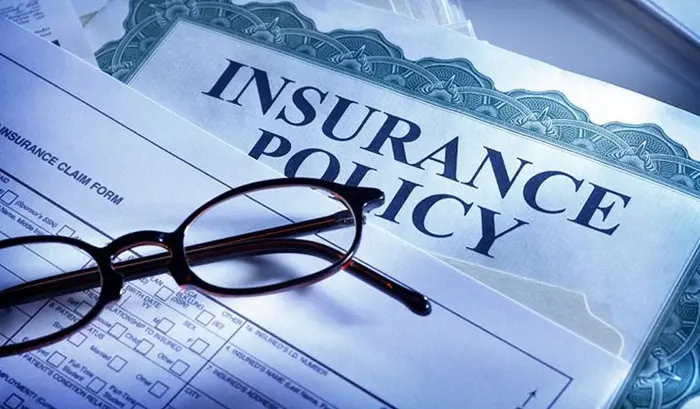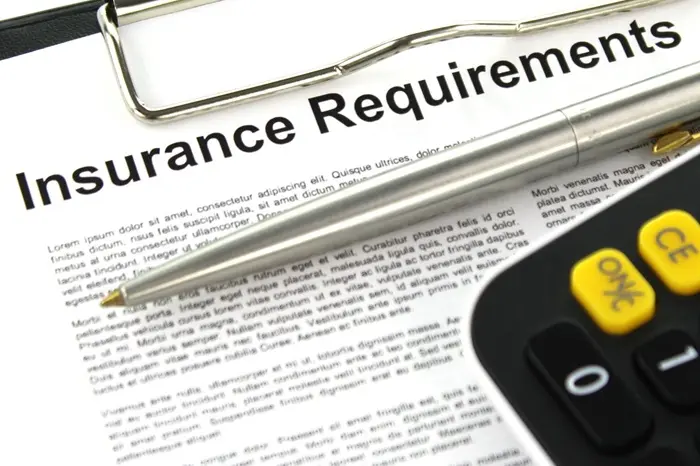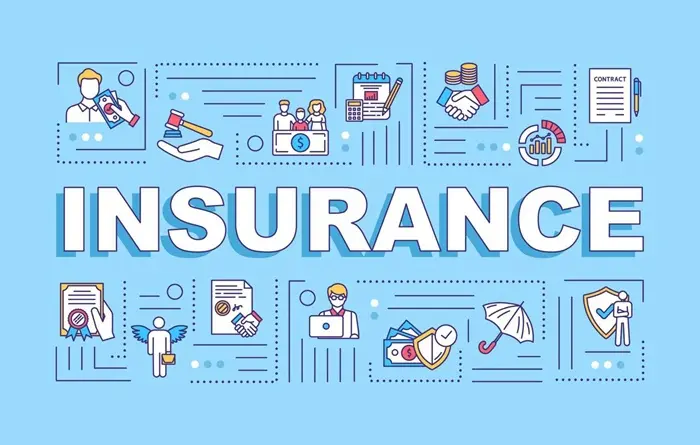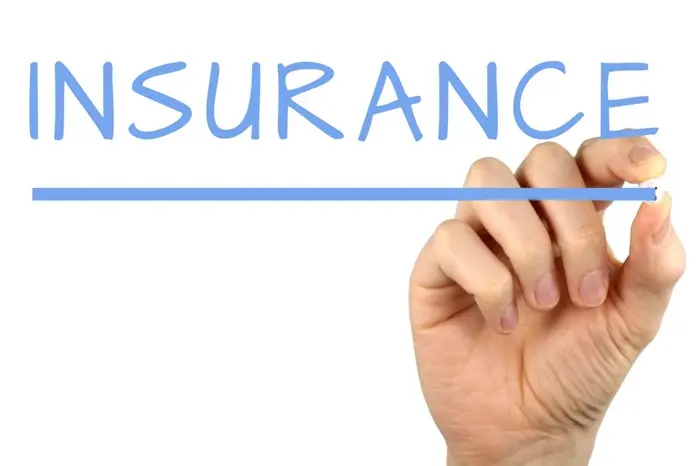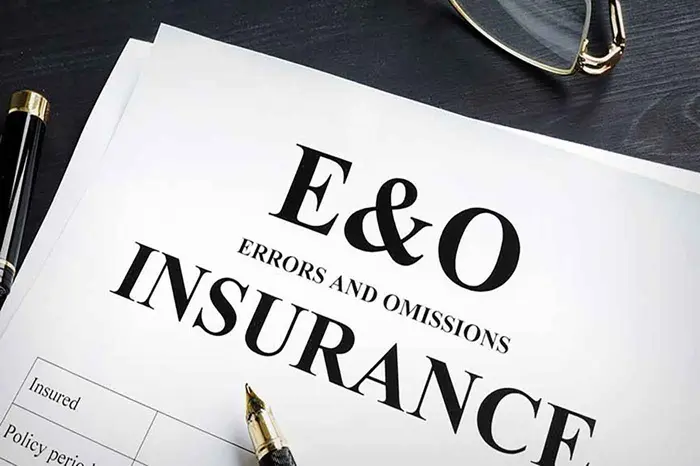Insurance claims are an essential part of the insurance industry, and they involve the process of requesting compensation for a loss or damage under an insurance policy. Whether you are an individual seeking to understand the process or a professional considering a career in the field, understanding how insurance claims work is vital. This article will guide you through the steps involved in getting into insurance claims, the role of insurance claims adjusters, the skills needed, and the overall process from start to finish.
Understanding Insurance Claims
Before diving into how to get into insurance claims, it is essential to understand what they are. An insurance claim is a formal request made to an insurance company asking for payment or compensation based on the terms of an insurance policy. This process can be related to many types of insurance, such as life, health, property, auto, and business insurance.
Insurance claims are essential because they allow policyholders to recover financially from unexpected events, such as car accidents, natural disasters, or medical emergencies. The process ensures that individuals and businesses can protect themselves from significant financial losses by transferring the risk to an insurer.
The Role of Insurance Claims Adjusters
An essential part of the claims process is the insurance claims adjuster. An adjuster is a professional employed by an insurance company or an independent contractor who evaluates the validity of claims. Their primary responsibility is to assess the extent of damage, determine the cost of repairs or replacement, and ensure that the claim is processed fairly and accurately according to the policy.
Adjusters play a significant role in protecting the interests of both the insurance company and the policyholder. Their evaluation will influence how much compensation is given to the policyholder, making them a critical part of the insurance claims process.
Getting into Insurance Claims
If you are interested in getting into insurance claims, whether as a career or to understand how to handle a claim as a policyholder, the process can seem daunting. However, it is possible to learn and understand how the system works with the right approach.
Here are the essential steps to get into insurance claims:
1. Understand the Different Types of Insurance Claims
Insurance claims are divided into several categories, and each type involves a different process. The most common types of insurance claims are:
Health Insurance Claims: These claims involve the reimbursement for medical treatments, hospital stays, surgeries, or any other medical-related expenses covered by health insurance.
Auto Insurance Claims: Auto insurance claims cover incidents such as car accidents, vehicle damage, theft, or vandalism.
Homeowners Insurance Claims: These are claims related to property damage or loss in the event of incidents like fire, flooding, or burglary.
Life Insurance Claims: These claims are filed after the policyholder’s death, allowing beneficiaries to receive compensation.
Understanding the nuances of each type of claim is critical in determining how to proceed. Each type of insurance comes with its own set of rules, regulations, and processes for claims.
2. Study the Insurance Industry
To enter the insurance claims field as a career, a strong understanding of the insurance industry is crucial. The insurance industry is complex and constantly evolving, with new products, policies, and regulations emerging over time. There are various ways to familiarize yourself with the industry:
Obtain Insurance-related Education: Many colleges and universities offer courses and degree programs in insurance or business that cover topics such as risk management, policy analysis, and insurance claims processing. You can also take online courses for flexibility.
Learn the Terminology: Understanding industry terminology is vital. Terms like “deductible,” “premium,” “underwriting,” and “liability” are common in insurance claims. Familiarizing yourself with these terms will help you navigate the insurance claims process with confidence.
Stay Updated on Regulations: The insurance industry is heavily regulated, with laws that govern how claims are processed, what can and cannot be covered, and the time frames for filing claims. It’s essential to stay updated on the local laws in your region or country.
3. Gain Experience in the Insurance Industry
While formal education is valuable, practical experience is essential for getting into insurance claims. Working in an entry-level role at an insurance company can give you the hands-on experience needed to understand the process thoroughly. There are several ways to gain experience:
Start as an Insurance Agent: Becoming an insurance agent is a good starting point for those interested in working in insurance claims. Insurance agents sell policies and advise clients on coverage options. This role will allow you to become familiar with insurance products and customer needs.
Work in Customer Service: Many insurance companies hire customer service representatives who assist policyholders with inquiries about their claims. This role will help you understand the common issues policyholders face and how claims are handled on the front end.
Internships: Some insurance companies offer internships that give you hands-on experience in claims processing. Internships can be a great way to explore whether this career path is right for you.
4. Pursue Certifications
In many cases, insurance claims adjusters need to be certified to work in specific areas of the insurance field. Certifications demonstrate a professional level of expertise and are often required to advance in the industry. Some common certifications for insurance claims professionals include:
Certified Insurance Claims Adjuster (CICA): This certification focuses on the technical aspects of handling claims, including assessing damage, negotiating settlements, and understanding insurance policies.
Property and Casualty (P&C) Insurance Certification: This certification is beneficial for individuals working with auto, home, and commercial property claims. It covers the fundamentals of property and casualty insurance, which is essential for claims adjusters in these areas.
Health Insurance Claims Certification: For those specifically interested in health insurance claims, obtaining a certification related to health claims will set you apart in the job market.
5. Develop Essential Skills
To succeed in insurance claims, several skills are essential. These include:
Communication Skills: Insurance claims professionals must communicate effectively with clients, insurance companies, and other stakeholders. Strong written and verbal communication is crucial for negotiating settlements and explaining claims processes.
Attention to Detail: Insurance claims involve reviewing large amounts of information, including policies, contracts, and damage reports. Being detail-oriented ensures that all aspects of the claim are accurately assessed.
Problem-solving: Claims adjusters often need to solve complex problems related to claims, such as identifying the cause of damage, determining liability, or deciding how much compensation is appropriate.
Negotiation Skills: Claims adjusters often negotiate settlements between policyholders and insurance companies. Strong negotiation skills help ensure that claims are settled fairly for all parties involved.
6. Apply for Insurance Claims Jobs
Once you have gained the necessary knowledge, experience, and certifications, it is time to apply for jobs in the insurance claims industry. Many insurance companies post job openings for claims adjusters, claims examiners, and other roles related to claims handling.
When applying for insurance claims jobs, be sure to highlight:
- Your educational background
- Relevant certifications
- Previous experience in the insurance industry
- Any skills that make you a strong candidate (e.g., attention to detail, communication skills, etc.)
7. Advancing Your Career in Insurance Claims
After getting started in the insurance claims field, there are numerous opportunities for career advancement. With experience and additional certifications, you can move into higher-level positions, such as:
Claims Manager: In this role, you will oversee a team of claims adjusters and ensure that claims are processed efficiently and accurately.
Underwriter: Underwriters evaluate insurance applications and assess risk. While this role is more focused on policy approval, it involves working closely with claims adjusters to evaluate risk factors for policies.
Specialized Claims Roles: As you gain experience, you may specialize in specific types of insurance claims, such as worker’s compensation or business interruption claims.
Conclusion
Getting into insurance claims can be a rewarding career choice for individuals interested in the insurance industry and customer service. Whether you’re aiming to become a claims adjuster, examiner, or simply seeking to understand the claims process, this field offers opportunities for growth and advancement. By gaining the right education, experience, and certifications, you can successfully enter the world of insurance claims and help people recover from unexpected losses. Understanding the ins and outs of claims processing is not only beneficial for insurance professionals but also for anyone looking to navigate the complexities of insurance policies and claims.
Related topics:



